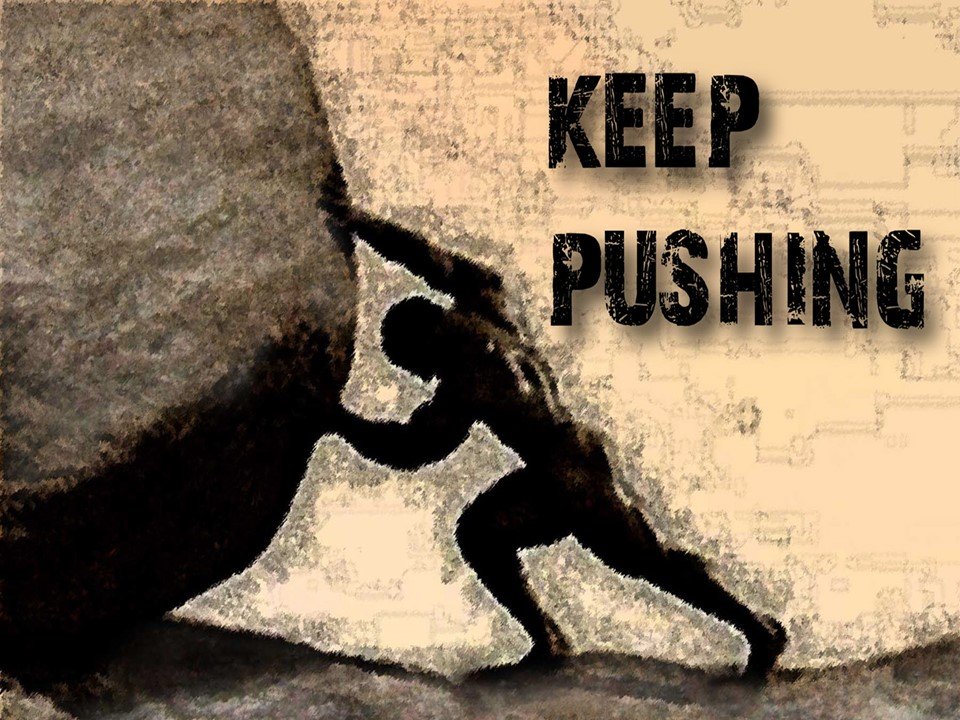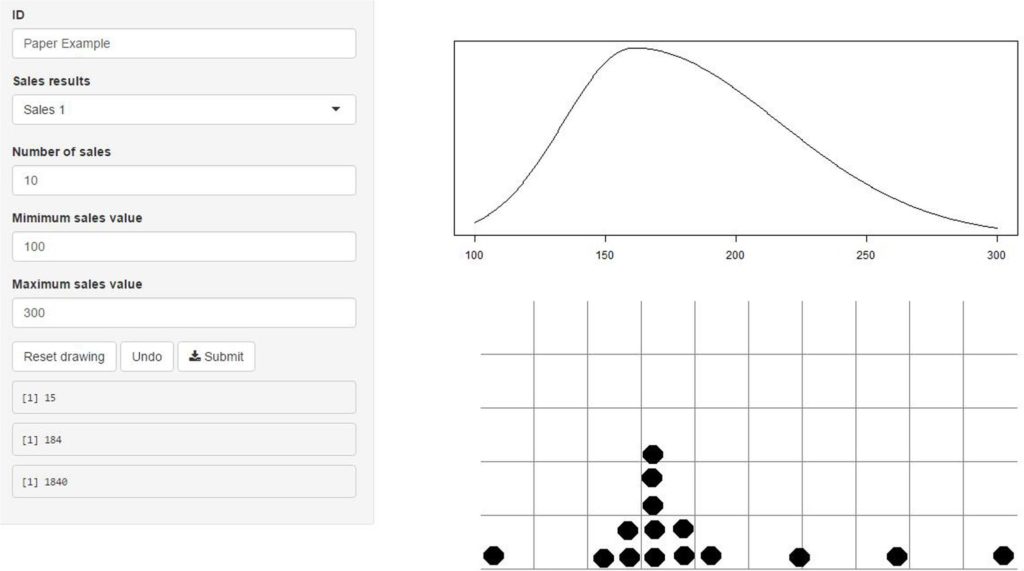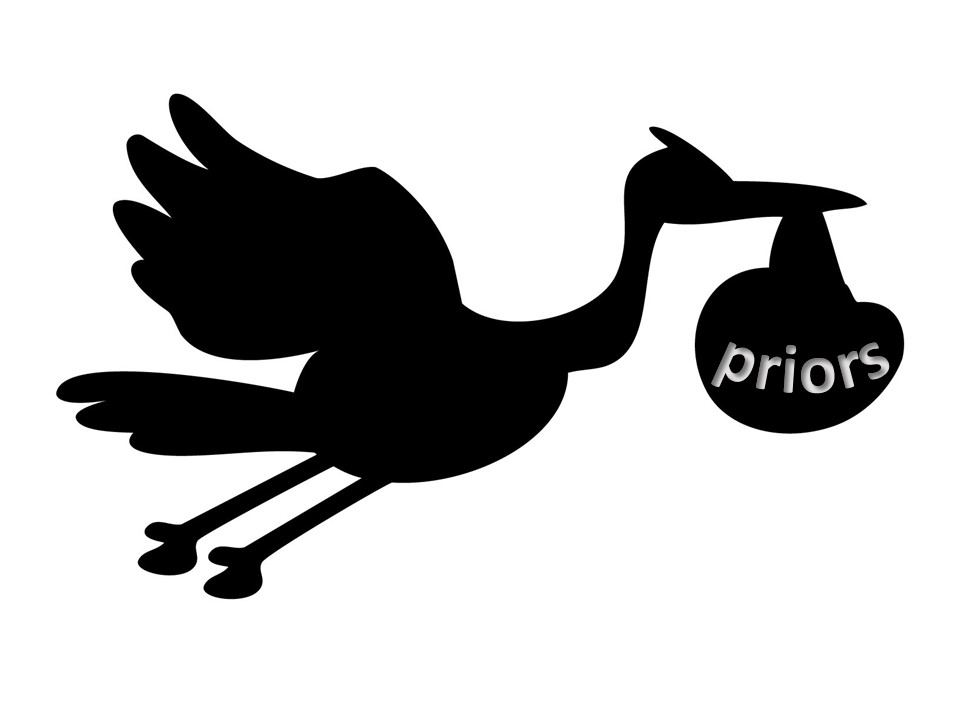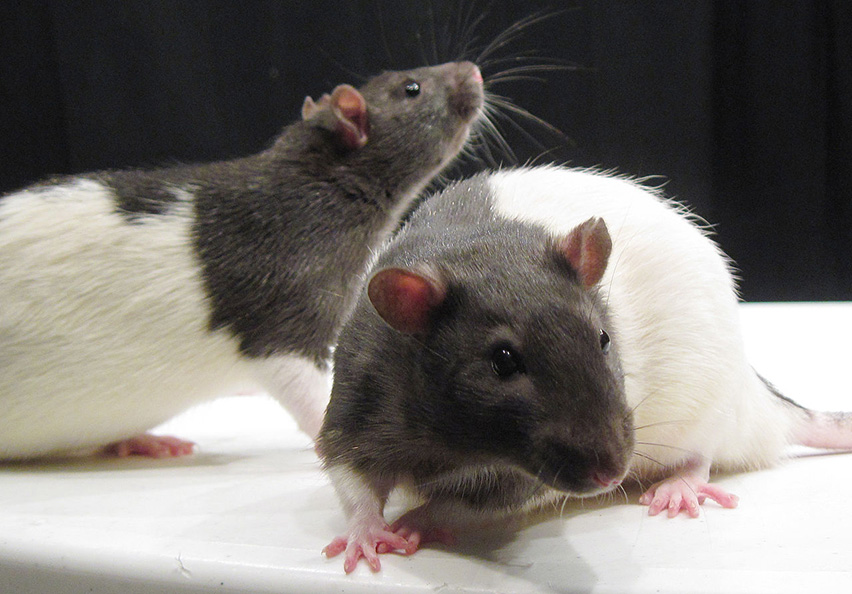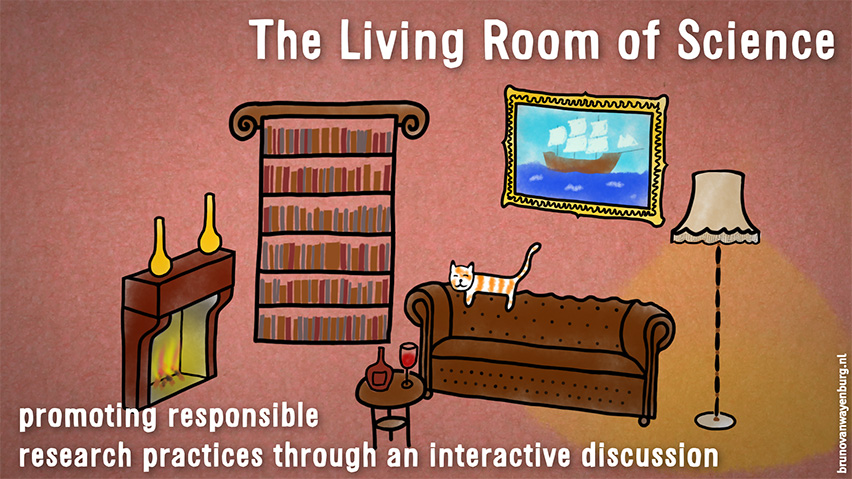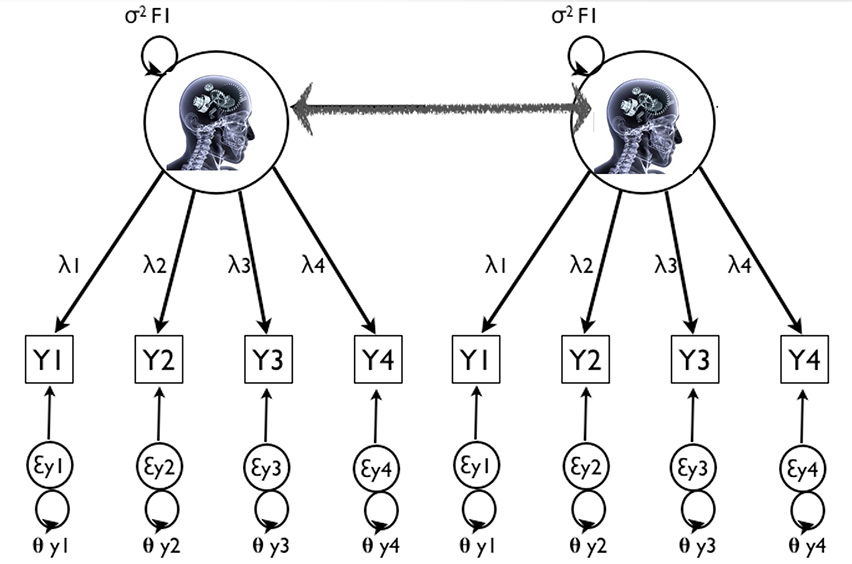Pushing the Limits
The Performance of Maximum Likelihood and Bayesian Estimation With Small and Unbalanced Samples in a Latent Growth Model is compared in a simulation study
A Five-Step Method to Elicit Expert Judgment
Proposal for a Five-Step Method to Elicit Expert Judgement
Applying guidelines to construct informative priors in small sample research
The current paper demonstrates the usefulness of Bayesian estimation with small samples. In Bayesian estimation, prior information can be included …
A Systematic Review of Bayesian Papers in Psychology: The Last 25 Years
Although the statistical tools most often used by researchers in the field of psychology over the last 25 years are based on frequentist statistics, it is often claimed that the alternative Bayesian approach to statistics is gaining in popularity.
Computing complexity for the Bayes Factor in inequality constrained hypotheses
The computation of complexity for the Bayes Factor is described in this tutorial.
Small Samples
Researchers often have difficulties collecting enough data to obtain statistical power: when target groups are small (e.g., children with severe burn injuries), hard to access (e.g., infants of drug-dependent mothers), or measuring the participants requires prohibitive costs (e.g., measuring phonological difficulties of babies). Such obstacles to collecting data usually leads to a limited data set. Researchers can overcome this through simplifying their hypotheses and statistical models. However, this strategy is undesirable since the intended research question cannot be answered in this way.
Symposium at M3 conference accepted
Bayes is growing in all disciplines! This is one of the results found by van de Schoot, Winter, Ryan, Zondervan-Zwijnenburg and Depaoli (in press) in an extensive systematic review.
APS symposium accepted: “Experts and Animals: How Can They Help Us?”
How and to what extend can we use the unique information derived from experts and animals? We discuss how expert opinions can be formalized and included in analyses, how animal studies can provide insight into human behavior, and ways to compare results from these sources…
Expert Data (Dis)agreement
Elicitation is the process of extracting knowledge about the parameters in the statistical model. This information can then be used to provide input for the prior distribution needed for Bayesian analysis. Several methods of prior elicitation are used in practice including the use of experts.
Livingroom of Science
Science is a dynamic process with continuously developing, often implicit rules and attitudes. Proclamations such as “this is how we always do it”, “get used to it”, or “this is what it takes to grow in academia” occur more frequently than they ideally should.
Application and Evaluation of an Expert Judgment Elicitation Procedure for Correlations
The purpose of the current study was to apply and evaluate a procedure to elicit expert judgments about correlations, and to update this information with empirical data. The result is a face-to-face group elicitation procedure with as its central element a trial roulette question that elicits experts’ judgments expressed as distributions.


